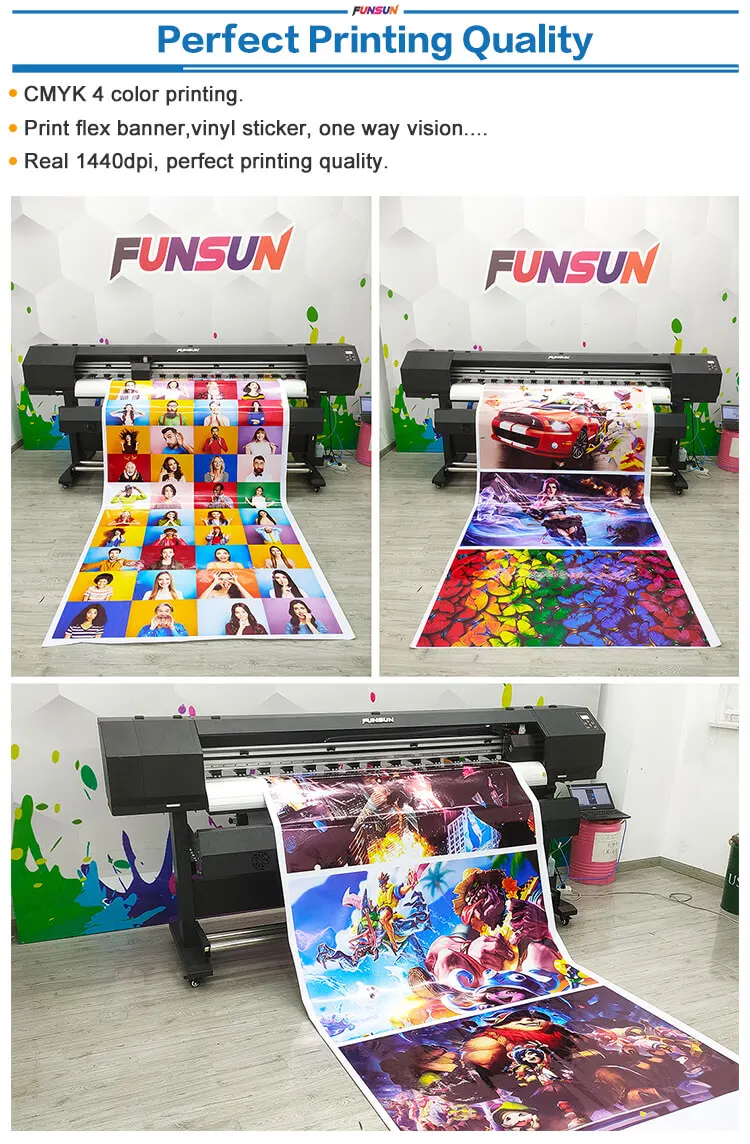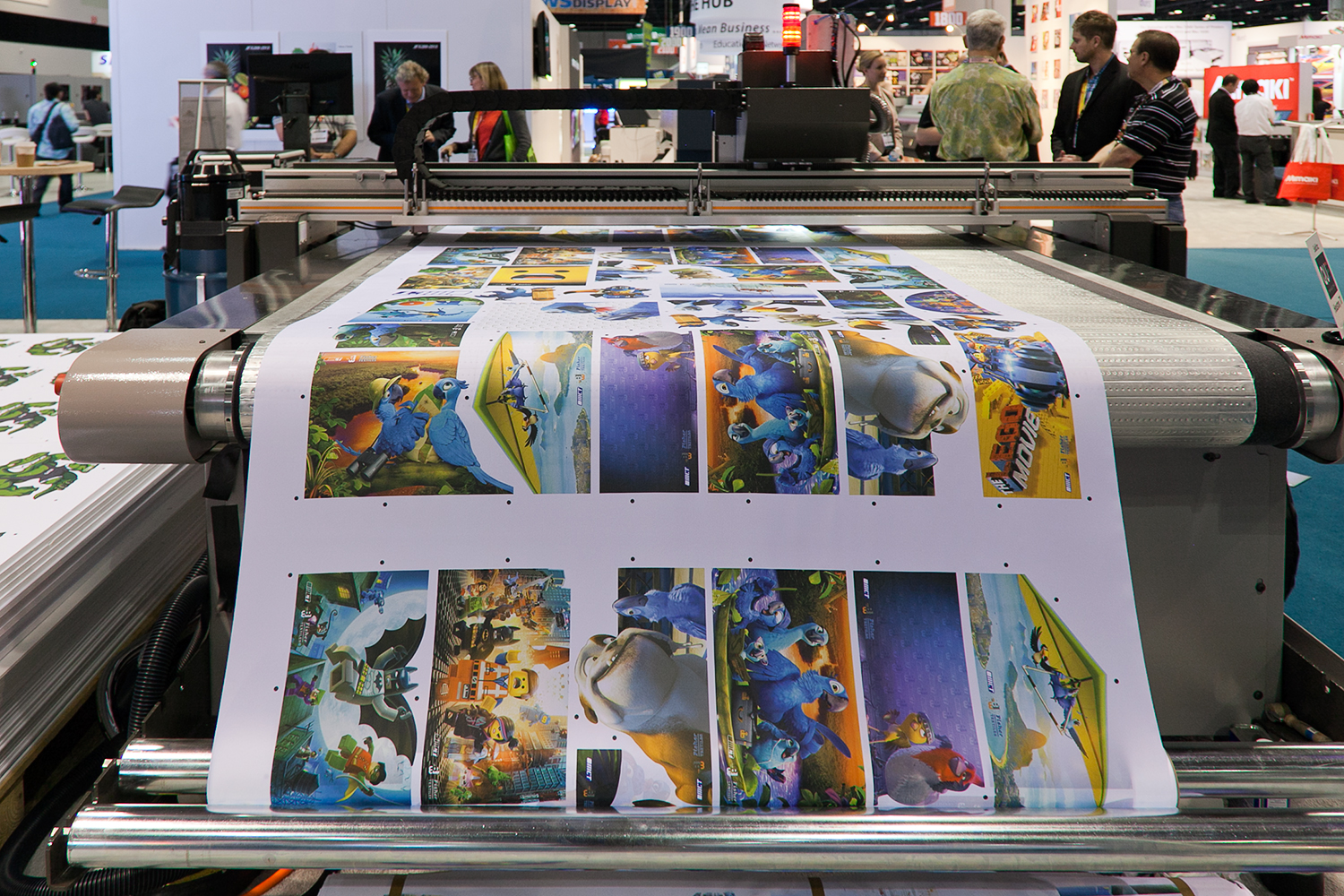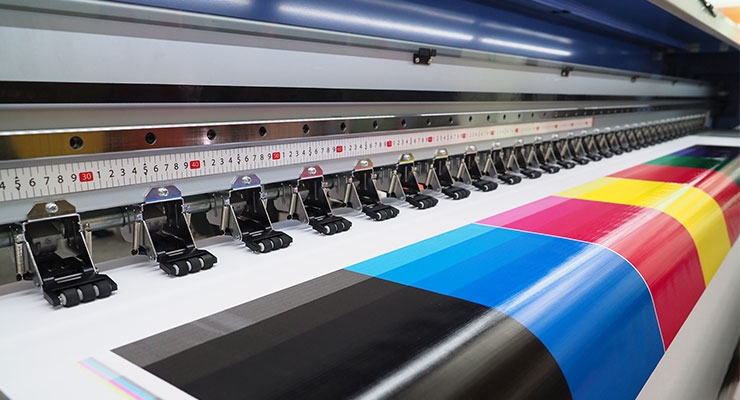Not known Details About Digital Printing
The Basic Principles Of Digital Printing
Table of ContentsThe Ultimate Guide To Digital PrintingThe Ultimate Guide To Digital PrintingAll About Digital PrintingAll about Digital PrintingThe Definitive Guide for Digital PrintingDigital Printing Fundamentals ExplainedThe Best Strategy To Use For Digital PrintingThe smart Trick of Digital Printing That Nobody is Talking About
Modification additionally enables services to attract attention in a jampacked market by developing special advertising and marketing products that distinguish them from their competitors. Among the major advantages of digital printing is the ability to print variable data. Each published item can be distinct, allowing businesses to develop individualized advertising materials that talk directly to their target market.Digital printing additionally enables customization in the layout of advertising materials. With electronic printing, businesses can develop designs that are unique and tailored to their certain demands. This can consist of customized graphics, typefaces, and designs that can help to separate them from their competitors. An additional advantage of electronic printing is the capacity to publish as needed.
Digital Printing Things To Know Before You Buy
By printing smaller sized amounts of advertising and marketing materials, businesses can reduce waste and stay clear of the requirement for excess inventory. Digital printing is also functional.
By utilizing different products and formats, businesses can create unique marketing materials that stand out from their rivals and attract focus from their target market. Digital printing additionally uses uniformity. With standard printing techniques, there is commonly variant between prints due to differences in ink insurance coverage, stress, and various other elements.
This consistency can help construct client depend on and integrity, revealing that business is dedicated to providing high-quality products. Uniformity is particularly important for businesses that want to build consumer trust fund and integrity. By making sure that every print corresponds, services can show that they are committed to supplying premium products and taking note of the details.
4 Easy Facts About Digital Printing Described

In addition, digital printing produces less waste because it can publish on demand and in smaller sized quantities, reducing the requirement for excess supply and materials. Digital printing likewise makes use of less energy compared to conventional printing techniques. Digital printers do not call for as much energy to operate, as they do not need to warm up as much or use as much power to run.
See This Report about Digital Printing

Countered printing needs a plate for every color published. Traditional balanced out printing is a print approach that uses light weight aluminum plates to transfer ink onto a rubber sheet (usually referred to as a "blanket"). The photo is then rolled onto the printing surface. This printing approach is considered "countered" because the ink is not moved to the paper directly.
The Greatest Guide To Digital Printing
Offset printing allows for a vast array of print materials to be made use of throughout production. The high-grade pictures produced via countered printing make it the preferred approach, particularly among visuals developers, when looking for the best shade recreation, information, and professional-looking prints.
The fundamental printing approach stays balanced out. For digital inkjet printing, ink is moved straight onto the surface. As opposed to depending on light weight aluminum plates and rubber blankets to move a picture, digital printing utilizes fluid ink throughout manufacturing. Standard home inkjet printers are one of one of the most common electronic printing methods.
10 Easy Facts About Digital Printing Described
Better color fidelity refers to both the accuracy of the colors and their balance in the layout. Since offset printing can mix personalized shade inks for each job, it will normally get the colors spot-on. Works equally well on practically any type of type of product. Reputable, remarkable photo top quality. Rely on countered printing for tidy, distinctive kinds and photos without touches or spots.
It costs a great deal to start an offset work. You need to spend money into developing home plates, which requires time. As soon as you've spent it, all of the products are prepared to go, and you'll spend much less on large balanced out tasks than a digital print, which is regarding the same go to these guys per item no matter how large the task obtains.
Digital printing is less costly for low-volume tasks. The rate per unit drops look at here for electronic printing, so at some factor, they crisscross. Altering info within a solitary print job.
The 4-Minute Rule for Digital Printing
While digital printing or inkjet printing is the preferred choice in the present times, there are engaging reasons to convert from offset to electronic printing systems. When publishing countered or electronically, important choices and processes are included in shade matching.
Industrial inkjet printing offers convenience for printing on numerous different substrates. Digital printing is perfect for clients who do not call for longer runs and warehousing products.

One benefit of electronic printing is selecting from a variety of digital substratums. With countered printing, substratums comprise, usually, 30% of the cost of the task. With electronic printing, the expense of the substratum in the total job is tiny. This their website permits even more choices than in the past, and that benefits marketers and businesses.
The Definitive Guide to Digital Printing
drop-on-demand is the second printing technology to think about. Continuous inkjet systems require significant upkeep, even more operator training, and higher downtime. However, tools prices in inkjet printing are far lower than offset printing as there are no plate-making, plates, and press expenditures. Past the capital spending, the prepress equipment and printing presses call for extremely proficient operators in offset printing, which includes labor costs.